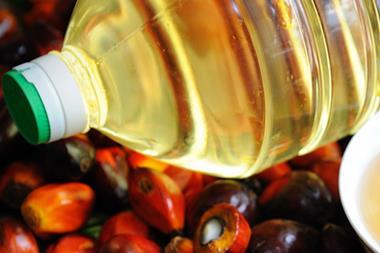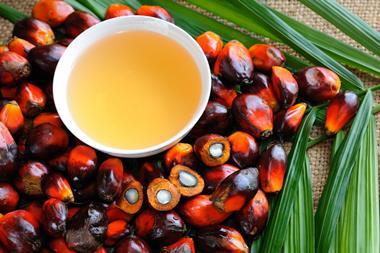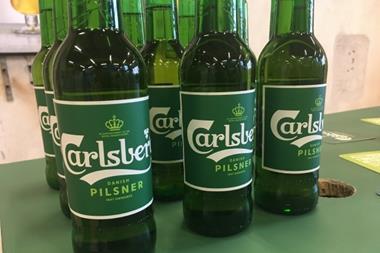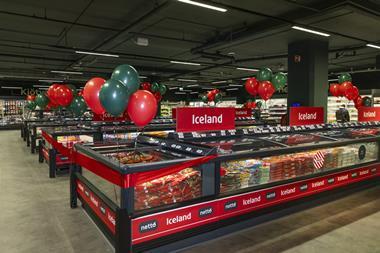
Iceland has been forced to return to using palm oil in own-label food, as an alternative to “unaffordable” sunflower oil.
The frozen food retailer, which gained huge publicity with its commitment to eliminate palm oil from label products at the end of 2018, said the move made it heavily reliant on sunflower as a replacement. Now that the war in Ukraine had caused sunflower oil prices to soar, the business had been forced to introduce palm oil again or have freezers bare of staples, Iceland MD Richard Walker said in a blog.
The war has placed huge strain on sunflower oil supplies, about 70% of which globally come from Russia and Ukraine. Walker said it had pushed up sunflower oil prices by 1,000% since the start of the war “and it is becoming hard to obtain supplies even at these massively inflated prices”.
“When Iceland removed palm oil as an ingredient from all its own label products in 2018, to take a stand against tropical deforestation, we greatly increased our reliance on sunflower oil,” he said. “Now that it has suddenly become unaffordable, or totally unobtainable, we are working closely with our suppliers to find alternatives. In many cases we can substitute rapeseed oil, but there are some recipes where the only viable substitute for sunflower oil – either because of its processing properties or taste issues – turns out to be … palm oil.
“I say this with huge regret, but the only alternative to using palm oil under the current circumstances would simply be to clear our freezers and shelves of a wide range of staples including frozen chips and other potato products.”
The supermarket has agreed to use “certified sustainable palm oil as a last resort and as a strictly temporary measure in a limited range of Iceland own label products that will begin to appear in our stores from June” said Walker’s blog, published this morning.
“All packs will of course clearly show palm oil in the list of ingredients where it has been used,” he added.
Iceland promoted its 2018 palm oil move with a Christmas ad that gained tens of millions of views online after the supermarket said it had been ‘banned’ from TV. The ad, called ‘Rang-Tan’, was a rebranded Greenpeace animation highlighting deforestation, which had been blocked by TV approval body Clearcast as content from a political organisation.
Iceland then missed its own deadline for removing palm oil from own-label products by the end of 2018, and took its name off the packaging of some lines instead to allow more time to reformulate them.
Walker said in his blog today: “I haven’t changed my mind about palm oil – which is why this is strictly a temporary move, and one that I would not countenance at all if I could see any viable alternative. Massively increasing global demand for palm oil inevitably means continuing pressure on the globally important tropical rainforest areas where it is grown, and I therefore remain sceptical as to whether there ever really can be any such thing as truly ‘sustainable palm oil’ available in the mass market where Iceland operates.”
Despite his scepticism over sustainable palm oil, Walker added Iceland’s 2018 move had “helped to produce important fresh commitments from the palm oil industry that it would act to eliminate deforestation from its supply chain”.
“I note these assurances from the industry that it really has cleaned up its act on deforestation – and we will be carefully monitoring its performance in the weeks and months ahead,” he said.



















No comments yet